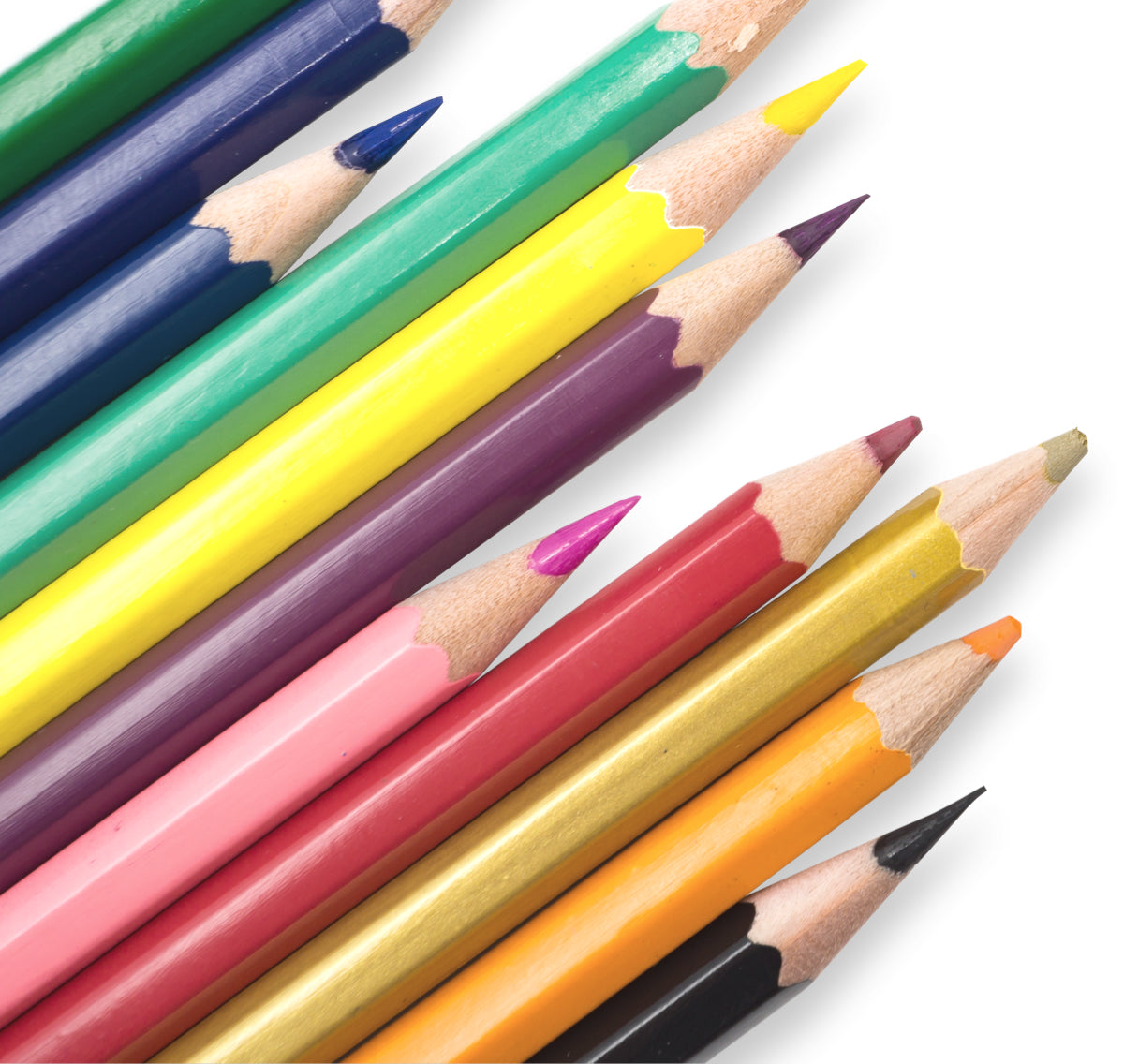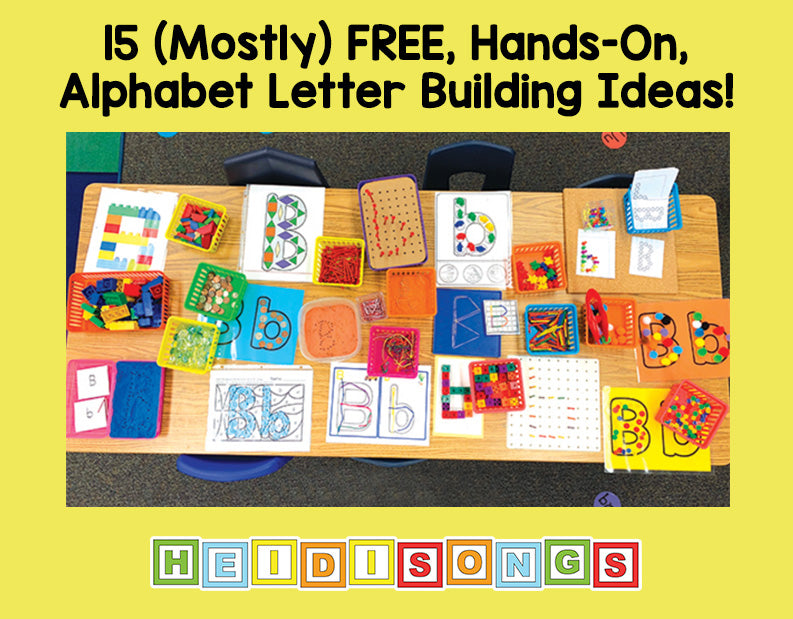Did you know that one of the very best ways to teach kids the alphabet is by letting them get up and MOVE? It’s true! After teaching Kindergarten for 20 years, I can tell you that many more children learn better by getting up and moving than by attempting to sit still and concentrate. So if you have ever been totally frustrated by a lack of learning in your own child or your class because those old flash cards aren’t doing the job, just keep reading.

I wrote this in response to a question that was emailed to me on our website, and after I wrote up the answer, I thought it might make a good post! So let me first start with the question, and then the answer may make a little bit more sense!
Question:
“Can you please explain how the Alphabet Action Picture Book helps children learn the alphabet and sounds? How do you teach them using the book, and how does the book help them make the connection to the sounds?”

Answer:
It’s really not the book alone that helps them learn! I use the Alphabet Action picture book in conjunction with the song, Alphabet Action, that is found in the DVD (and CD too, of course!) Letters and Sounds Animated DVD. So the book itself is really more of a way to extend the learning and let the children explore and remember the alphabet and concepts on their own, at their own pace, rather than at the quicker pace presented in the song.

This is how it is done:
1. The children learn the song, the letter names, sounds, and the actions all together at the same time via the Alphabet Action song. The rest of the alphabet songs on the Letters and Sounds DVD are also very helpful in getting children to identify individual letters, but for children with a limited attention span, try focusing on this one song first. (Here’s a video from my kindergarten class a few years back!)
2. They go back and repeat the song often until they know the entire thing from beginning to end. The movements, music, and the visuals work together to help the children memorize the letters and sounds, because as they say, “Neurons that fire together, wire together!” That means that just the movement itself can help bring the letter name and sound to mind!
3. Once the children are comfortable with the song and seem to know it as well as the actions by heart, switch to the Alphabet Action book and see how much of it they already know and can “read” from memory. Ask them to do the actions that they see the children doing on the pages, and say the sounds and names of the letters. (Here’s a short example of the inside of the book and how it follows along with the song!)
4. Now start skipping around in the book and see if the child can identify the letters out of order! If the child cannot, then have him or her do the action that he sees on the page and see if this prompts the child to say the letter name or sound. It may help some children to have an extra copy of the book to cut apart so that they can practice the letters out of order easily.
5. Go back and focus on the individual alphabet songs on the DVD that the child especially needs to work on. Try laying out tactile alphabet flashcards (such as letters cut out of sandpaper) for the child to find after each song is finished playing. As the child to touch the letter to help him or her remember it. (Here’s the R Song!)
6. Printing the letters can help! Have the child stop and write each letter after the individual letter songs play.
7. This is how the multi-sensory nature of the activity helps children learn. They see the letter, do the given movement, and then the letter name and/or sound eventually just comes right of their mouths without thinking about it! In fact, some children are such active learners that they can’t seem to give the letter names/sounds without doing the action right at first, and then later on they begin to drop the action as they become more comfortable retrieving that information from their brains in the more traditional way.

8. Whatever you do, keep it light and fun! Nobody ever learned to love reading by being forced to do so.
You can learn more about multisensory teaching on our website, right here.
I hope this helps a little! I also really recommend using Zoo-Phonics to help children learn the alphabet. We do not sell Zoo-Phonics, but you can learn more about it on my blog post here.
Another good post to read about how to help children learn the alphabet is this one: Tips for Teaching the Alphabet to Struggling Learners.
Thanks!
– Heidi 
----------------------------------
















